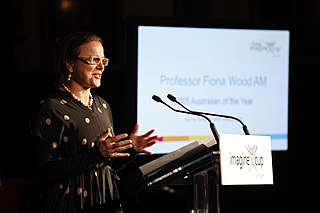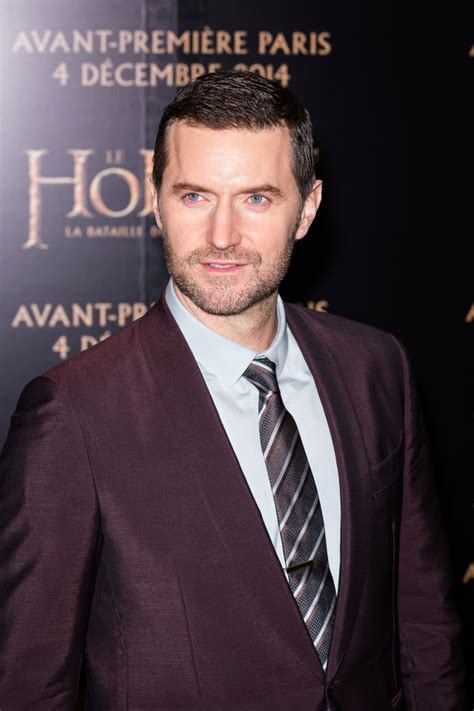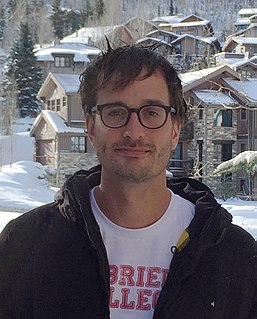A Quote by Atom Egoyan
The whole film is about people being convinced that they can reduce themselves to their archetypes.
Quote Topics
Related Quotes
I can do something about people who need me, who have been injured. So the biggest thing about being a doctor is my education and training means I can help people to reduce their suffering and that's what being a doctor is, to reduce suffering and to try to improve the life of people who have been injured.
I think my music being referred to as "cinematic" has a lot to do with people just not being used to listening to instrumental music without watching a film. I'm still pretty convinced of that. You'll play Chopin in place of something average and like, "Wow, that'd be great in a film." People say it every time, swear to God. I don't think people have a good relationship with instruments and music anymore. But it's definitely visual; I started writing with this band because of the pictures. I can't really deny it either, you know?
It does not feel any different being directed by a first-timer as long as I am convinced that the director is passionate about the film he or she is making. If you get a sense of their vision for the film and their aesthetics of your performance, then it does not matter whether you work with a new or an experienced director.
I was tied down in that chair for 10 minutes and experienced what it was like to be completely powerless while someone else has complete dominance. It's sadistic, even though I find Richard to be a really lovely human being. That's what the whole film "Tickled" is about. It's not a film about tickling, but I think tickling offers a really good visual metaphor for the much bigger ideas that we were trying to get at about power and control - by people who have a lot of money - over people without money and who have no power in the relationship.
If you know your archetypes - and not just yours, if you know how to perceive the world in archetypes, through archetypes - everything changes. Everything. Because you have two things: you can see through one eye which is impersonal, and through the other, which is personal. That's the way the game is written down here.
[10 Things I Hate About You] keeps popping up, and it's become a go-to film specifically for adolescent girls who are trying to find their voice, which is a really important thing, and the characters in the film, the two sisters played by Julia Stiles and Larisa Oleynik, they became archetypes for young teenage girls to look up to and emulate.
The whole people must take upon themselves the education of the whole people, and must be willing to bear the expenses of it. There should not be a district of one mile square, without a school in it, not founded by a charitable individual, but maintained at the public expense of the people themselves.





































